|
|
|
|
Whether you follow the US format of writing the date, or that used in much of the rest of the world, tomorrow is a pretty striking date. It’s either 2/22/22, or 22/2/22. For most of us, that’ll bring no more than a smile as we note it through the day. But for some, it indicates good luck is on the way. Wagers are being made, and commemorative products sold – helped by the fact the day falls on a Tuesday, allowing for a little numeric wordplay. Clearly, any suggestion of significance beyond a striking pattern is nonsense. But why do people seek to find meaning and connection amid such a random sequence? Social psychologist Barry Markovsky, of the University of South Carolina, provides us with
a short history of numerology.
Meanwhile, stay tuned to our rolling coverage of events relating to Ukraine, and read how tensions are also rising on the other side of the world, where a Chinese vessel shone a military-grade laser at an Australian air force
plane.
|

|
Stephen Khan
Executive Editor, The Conversation International
|
|
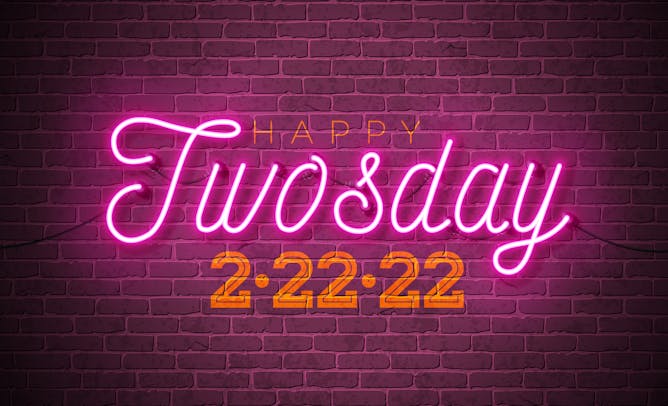
Is “Twosday” as special as some corners of the internet seem to think?
articular/iStock via Getty Images Plus
Barry Markovsky, University of South Carolina
Numerology ties in with how our brains work, but that doesn’t mean its claims make sense.
|
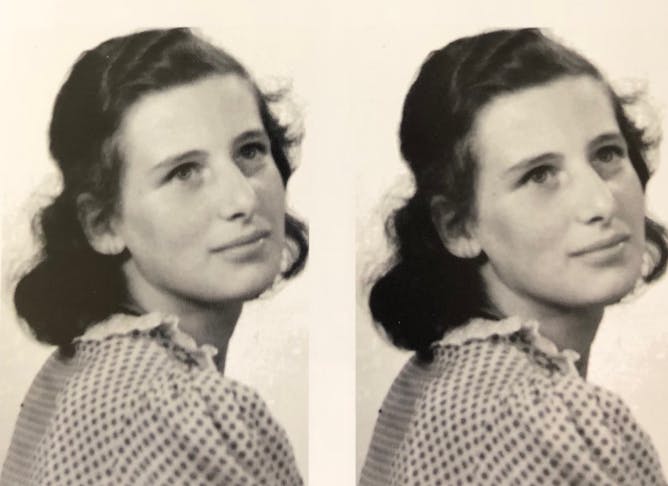
Margot Heuman
Erika Hughes, University of Portsmouth; Anna Hájková, University of Warwick
For the first time, the testimony of a 94-year-old Holocaust survivor tells the story of life and love in the camps as a young lesbian woman.
|
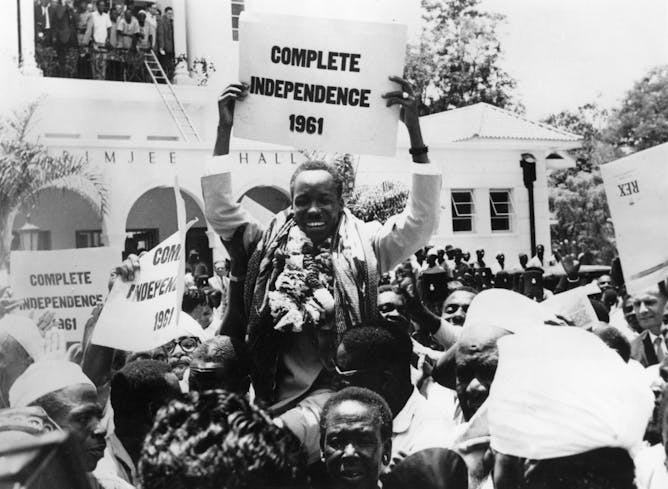
Tanzanian leader Julius Nyerere, a Swahili advocate.
Keystone/Getty Images
John M. Mugane, Harvard University
Over two millennia, Swahili has built bridges among people across Africa and into the diaspora.
|
|
|
-
John Blaxland, Australian National University
Laser pointing is separated from firing a missile with hostile intent by a mere split second – this is what makes such an action so dangerous.
-
David J Galbreath, University of Bath
Russian troops could enter Ukraine from multiple locations.
-
Gemma Ware, The Conversation; Daniel Merino, The Conversation
Plus, why do people with a foreign accent get a hard time – and how to prevent it. Listen to The Conversation Weekly podcast.
-
Jonathan Malloy, Carleton University
Canada’s international reputation as a relatively peaceful country is at odds with the noisy protests by people opposed to measures aimed at preventing COVID-19.
-
Heather Muir, University of Cambridge
The plans to destroy a space station as large as the ISS have never been carried out before.
-
Justin Barber, University of Kentucky
A new database could pave the way for a more fair and consistent way to score slam dunks, a self-described ‘dunk scientist’ says.
-
Stephen Garnett, Charles Darwin University; Anthony Albrecht, Charles Darwin University
These are poignant cries of a disappearing landscape – the creaking calls of gang-gangs, buzzing bowerbirds and the mournful cry of the far eastern curlew.
-
Brigid Cohen, New York University
Ono’s commitment to regenerative rituals is instructive in an era of turmoil and instability.
|
|
In French and Spanish
|
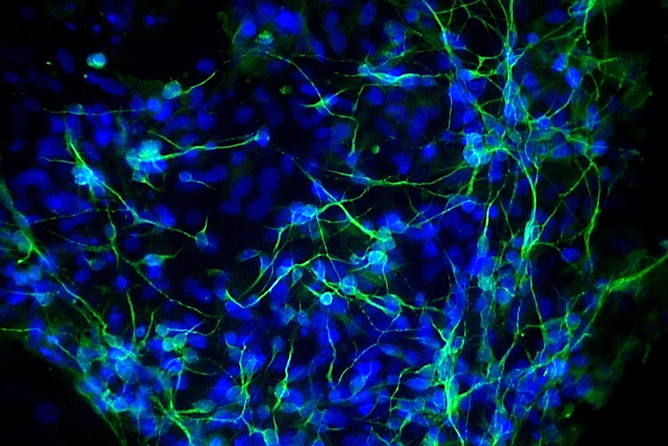
Marie José Stasia, Université Grenoble Alpes (UGA)
La technique de reprogrammation cellulaire est très prometteuse pour développer de nouveaux traitements, mais n’est pas, encore, digne de la fontaine de jouvence.
|
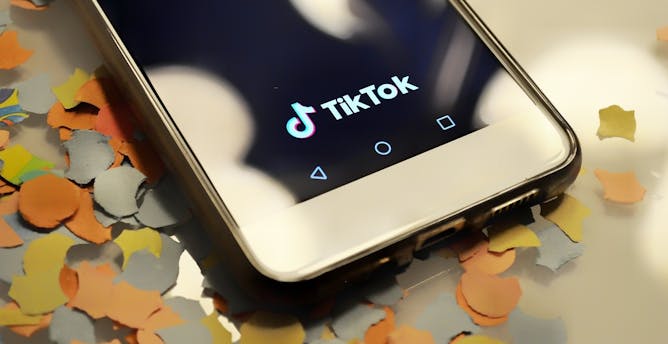
David A. Pérez Martínez, Universidad Complutense de Madrid
Recientemente se ha hecho popular la aparición de tics entre adolescentes que aparecen esta red social. Este comportamiento no debería equipararse a trastornos con una base neurobiológica clara.
|
| |
| |
| |
| |
|
|
|
|
|
|
|